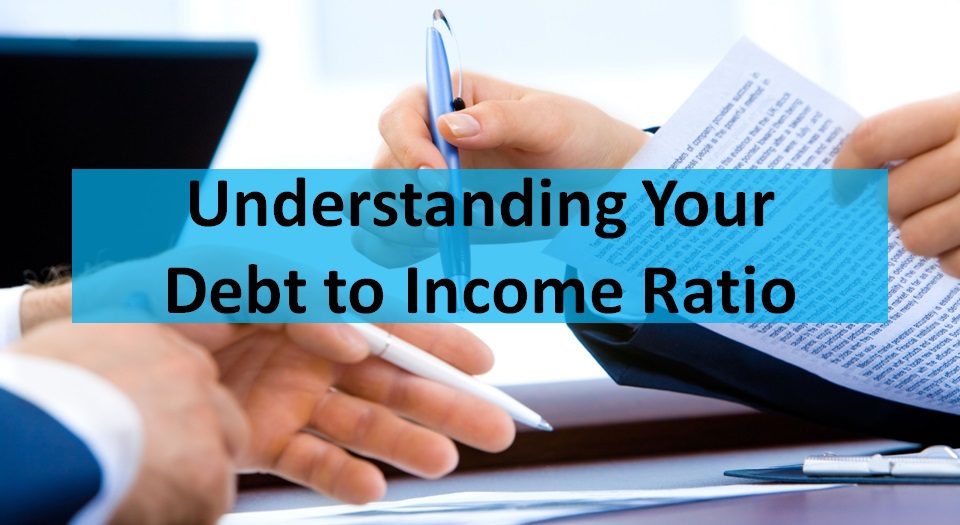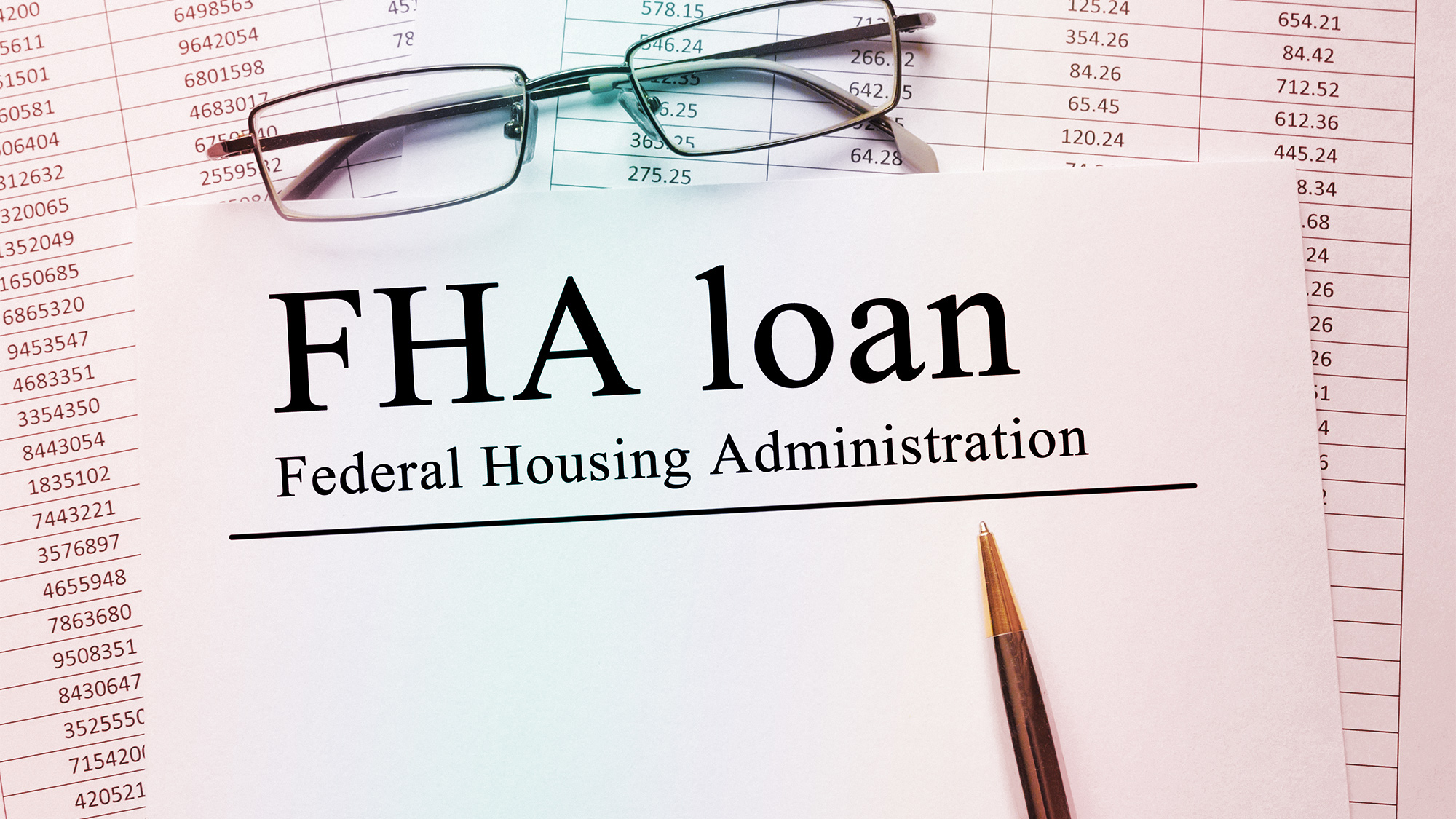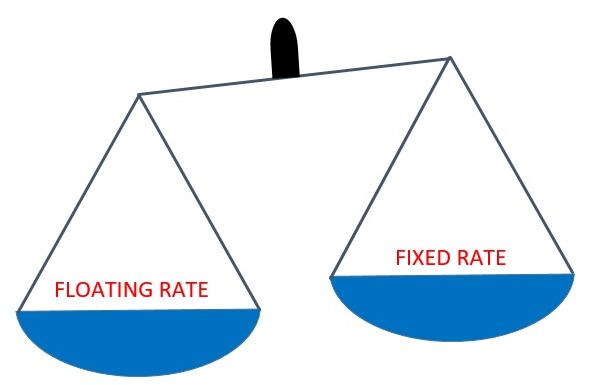The house is probably one of the greatest investments you can make in your entire career. Still, it is also not arguable that purchasing that dream can be quite heavy for the pocket, especially if you are buying a house for the first time. This is the exact reason why mortgage companies have risen in popularity. With them, buying that dream house is possible after, all.
However, there are also numerous factors you have to be aware of to be eligible for that mortgage application. It is crucial that you have the basic knowledge to help you choose for the most appropriate mortgage that will suit your needs but most especially, your capability.
Guide for First Time Home Buyer
Here is a rundown of things you should know about getting a mortgage for first time home buyer to get the most significant purchases of your life.
Start From Your Credit Score for Buying a House

If you are searching for a home mortgage, chances are you need to get ready for a credit check. Lenders would always run a check on your credit score so they can decide whether to grant you the loan or not. Also, it is a major factor that will determine how much you will pay for interest. Of course, a good to excellent score means a lower interest rate.
On the other hand, if you have a fair to poor credit, options will be limited for you, and they might be less favourable, but you can still improve your standing. There are many available sites, such as Crediful, you can search online that could guide you on how to improve your credit, advice on debt settlement, and all things that involve personal finances.
You must maintain a good standing so that transactions will be easier for you. If your score falls on the fair to poor category, don’t fret. You can still make it better if you follow expert advice.
Consider the Debt-to-Income Ratio

A debt-to-income or DTI ratio tells how much percentage of your gross monthly income goes to paying your monthly debts. The maximum DTI ratio that a person can have and still get approved for a mortgage is 43%. However, most lenders would still prefer if this ratio is lower, as a lower percentage represents the right balance between your income and debt.
Likewise, this could be a plus factor for your image if you want to show your target lenders that you are capable and able to manage your monthly debt payments well.
Sort Through Mortgage Options
Believe it or not, there is a myriad of financing options available for obtaining a mortgage. It is essential that you know the different types of loan, their advantages and disadvantages, so you can be guided with what kind of mortgage you would want to apply for.
01. Conventional Loans:
If your credit score lies in the range of 620 above and your DTI ratio is 36% or lower, then you might want to consider conventional loans. This type of loan is a popular home financing option as it offers the borrower more flexibility, lower interest rates, faster processing, among others.
The downside though is that it gets riskier because it’s not a government-backed loan, which means you are not insured by the federal government but by private lenders. Also, this type of loan has stricter requirements which makes it a bit harder to qualify for – unless you have solid credit and little debt.
02. Federal Housing Administration Loans:

This type of loan has a lower down payment (for as low as 3.5%), credit score requirements (at least 580), and easier to qualify for than the conventional type. You can say that this is designed for borrowers who have low-to-moderate income and is convenient if you are a first-time homebuyer.
On the contrary, if you are an FHA borrower, you need to pay for a mortgage insurance premium. This protects the lender – not you- of any risks in case you fall behind your monthly payments.
03. Veterans Affair Loans:

VA loan is a type of mortgage loan guaranteed by the United States Department of Veterans Affair for those who are active members of the armed forces. They have more flexible and favourable terms starting from no down payment unless it is required by the lender, no PMI, little to no prepayment charges, and many others.
If you are a qualified veteran or an eligible family member, you can apply for this loan. If not, well, there are other options for you, such as stated above.
Choose Between Fixed Rates or Floating Ones

Venturing out for mortgage loans means you have to know what fixed-rate and floating (also known as a variable) rates imply.
As its name suggests, fixed-rate mortgages have interest rates that will not change for the entire period when you take out the loan until your last payment. The most obvious advantage is that you already know how much you are going to pay per month, so you are more prepared than not. On the other hand, the rates may be higher compared to the other type.
In a floating-rate mortgage, the interest rate may change depending on the market conditions. This means that your monthly payments may be lower or can be higher. One benefit it entails is that floating rates have a lower introductory interest rate, and there can be chances that rates for that period will float down, which means a lower monthly payment for you.
Consequently, market interest rates might also float up dramatically, and this will greatly affect your loan’s terms.
Takeaway
Buying a house can be quite intimidating, especially if it’s your first-time purchase, but there are lots of available mortgage options you can now venture out. Just remember that along with these options are requirements you must first comply before you can qualify for approval.
You may also like to read following articles:
